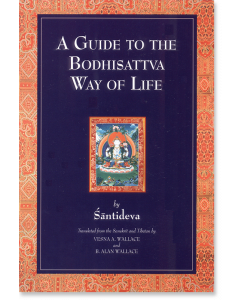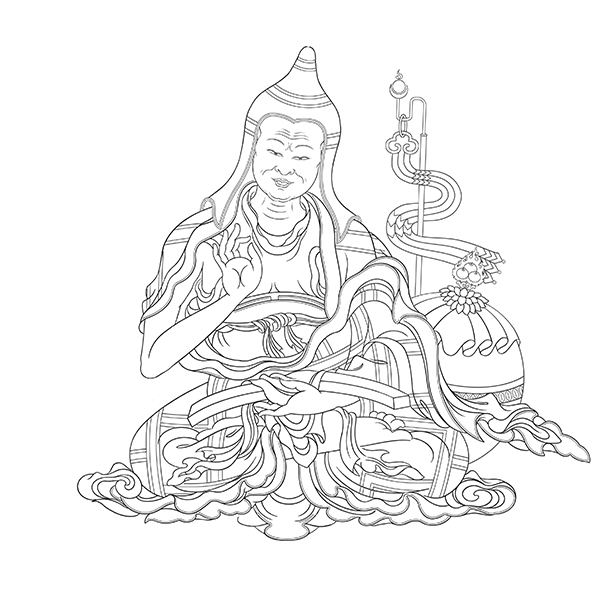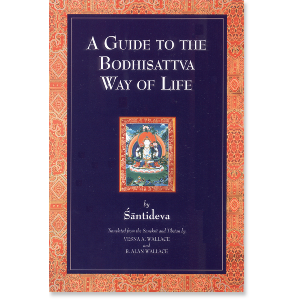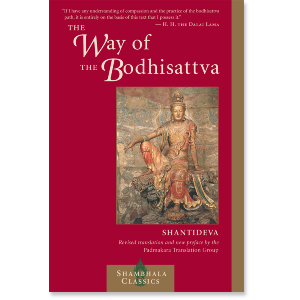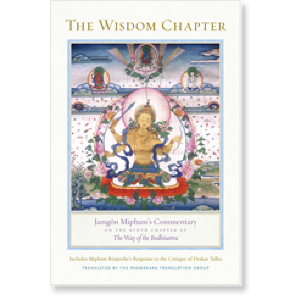| The following article is from the Winter, 1997 issue of the Snow Lion Newsletter and is for historical reference only. You can see this in context of the original newsletter here. |
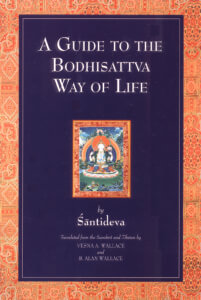
A Guide to the Bodhisattva Way of Life
By Shantideva
Translated by Vesna A. Wallace and B. Alan Wallace
In the whole of the Tibetan Buddhist tradition there is no single treatise more deeply revered or widely practiced than A Guide to the Bodhisattva Way of Life. This authoritative translation by Vesna A. Wallace and B. Alan Wallace is the first English rendering of the original Sanskrit that also takes into .account the canonical Tibetan translation.
Please see the following chapter sample provided here for you.

